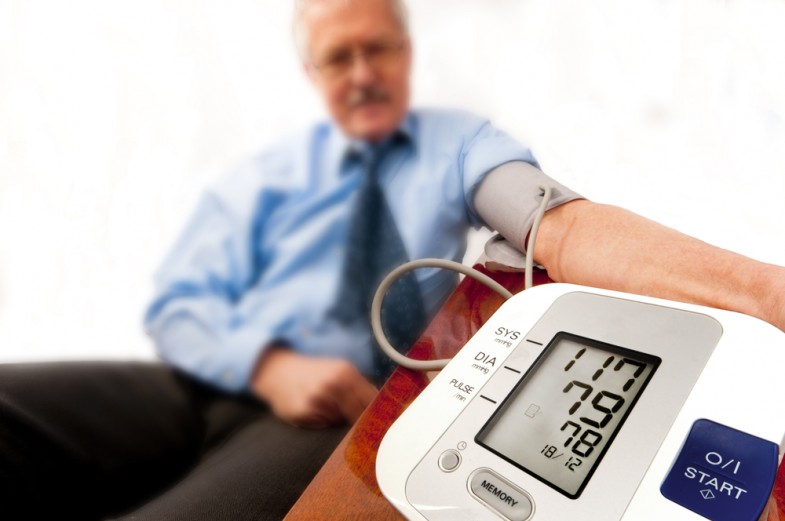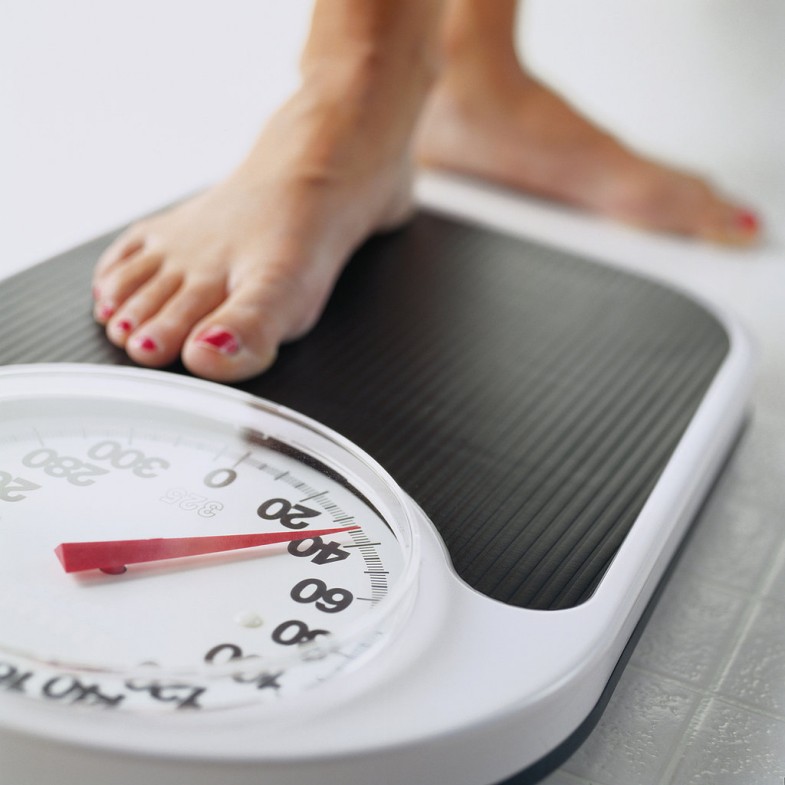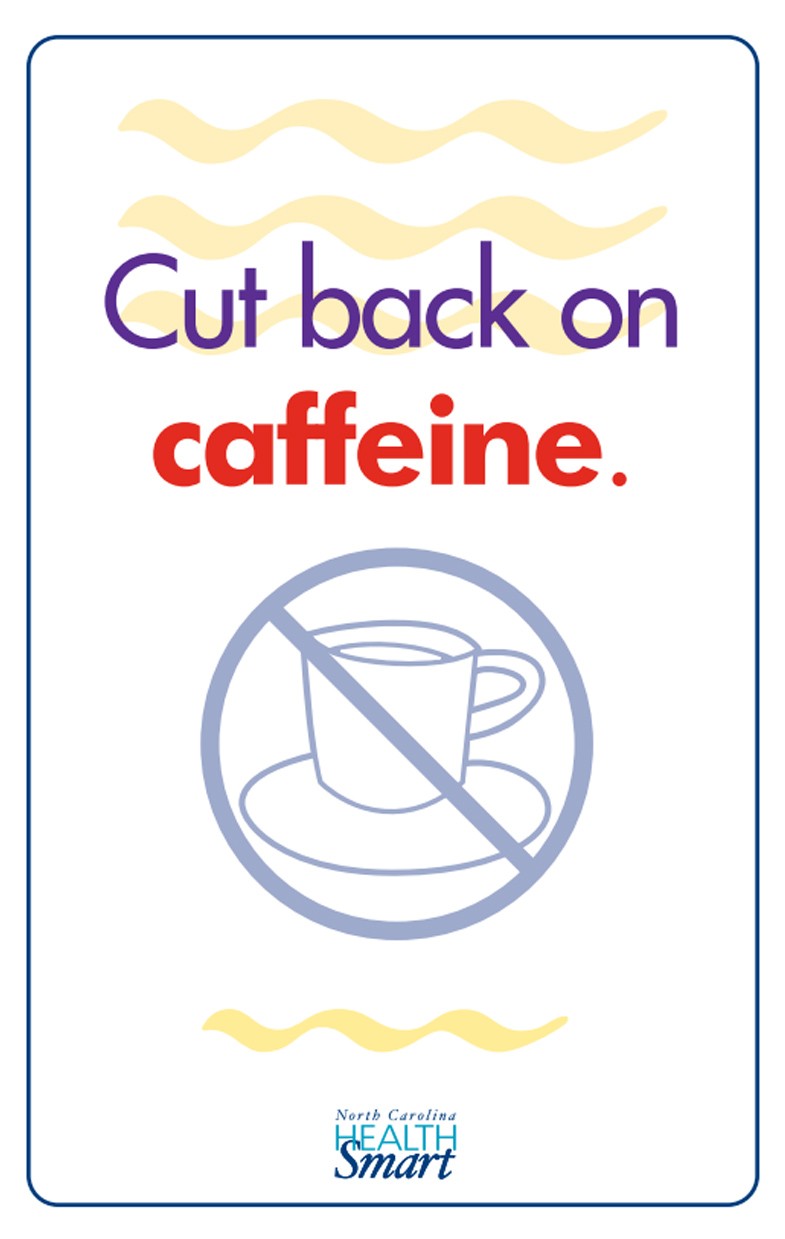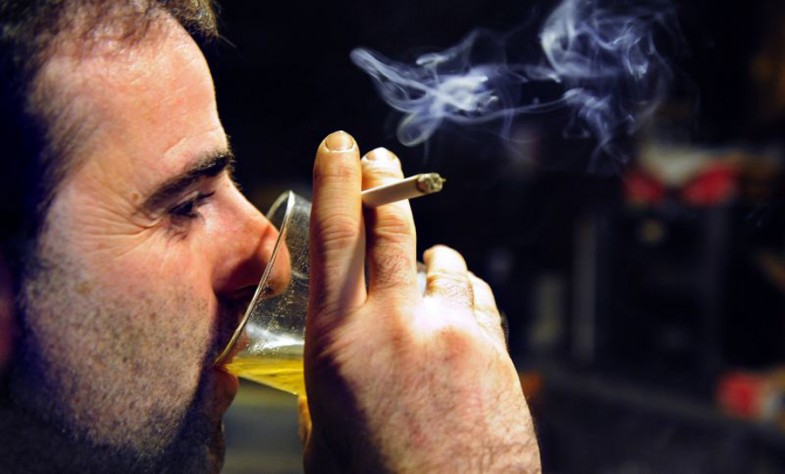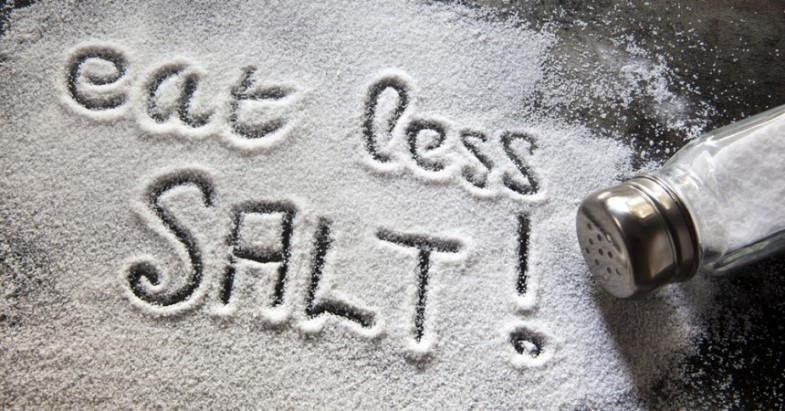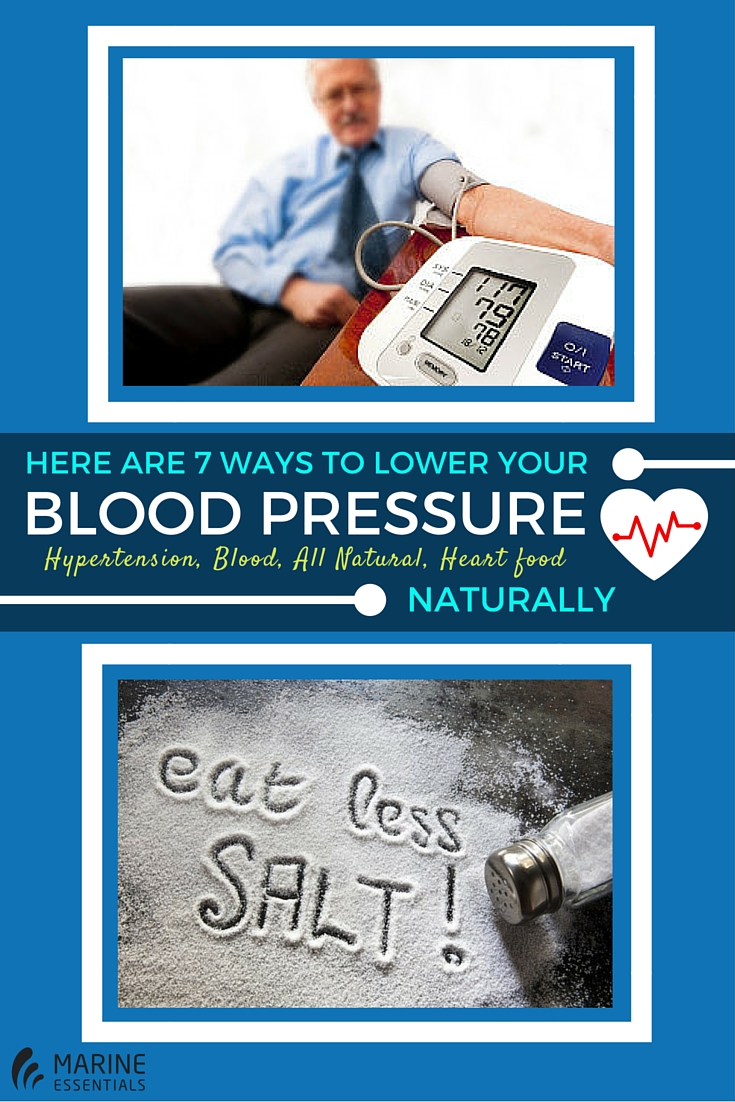
Before opting for drugs, here are some safe ways to lower your blood pressure
This week, two groups of researchers presented a major discovery in the New England Journal of Medicine: They identified mutations in a single gene that can help prevent heart attacks by keeping triglycerides—a type of fat in the blood—low. This discovery will likely help pave the way for the development of new drugs that mimic the effect of that mutation.
In the mean time, if you want to keep your own blood pressure in check, talk to your doctor, and try these natural approaches:
#1. Lose weight
It’s established that blood pressure can rise with weight, so maintaining a healthy weight range is one of the best ways to protect yourself. Losing weight has also been shown to lower blood pressure and lessen the strain on the heart. According to the Mayo Clinic:
- Men are at risk if their waist measurement is greater than 40 inches (102 centimeters, or cm).
- Women are at risk if their waist measurement is greater than 35 inches (89 cm).
#2. Eat healthy
Consuming a diet that’s rich in fruits and vegetables is a good idea to keep blood pressure in check. Studies looking at the Mediterranean diet—which is high in plant-based foods, grains, and healthy fats like nuts and olive oil—show it may have heart protective benefits. Why? It’s thought that compounds in these foods can lower inflammation, which allows for stronger and clearer blood vessels. And experts agree that whatever you do, avoid processed foods as much as possible.
#3. Exercise
Breaking a sweat can keep you protected from hypertension. Getting at least 30 to 60 minutes of exercise many days a week can lower blood pressure, according to the Mayo Clinic. Even exercise like walking can be good for your heart.
Choose any sport activity you may like and do it at least 4-5 days a week, for at least half an hour. Depending on your options, you can choose walking, cycling, running, swimming or aerobics. Cardiologists argue that people who changed their lazy lifestyle and started doing aerobic exercises successfully lowered the blood pressure by 4-9 mmHg.
#4. Cut back on caffeine
Even if you do not have high blood pressure, caffeine has been shown to spike heart rate and blood pressure. It’s unclear why, but it’s possible that the adrenaline gets blood pressure to rise, or caffeine interferes with how wide our arteries are. Some people are more sensitive to the effects of caffeine than others, so know your limit. Most public health agencies say that four cups of coffee per day should be your limit.
#5. Chill out
Too much stress is known to get your blood boiling, at least temporarily. It’s not confirmed that stress causes high blood pressure, but the American Heart Association notes that the hormones involved with the body’s “flight or fight” response can make the heart beat faster and constrict blood vessels–that can cause blood pressure to rise for a short period. Taking care of your stress and mental health is important for your overall wellbeing, so don’t ignore signs you are feeling overwhelmed.
#6. Avoid smoking and cut back on drinking
Nicotine raises blood pressure even after you’ve put the cigarette out, so people who smoke throughout the day are keeping their blood pressure elevated. Drinking too much alcohol can also temporarily raise blood pressure, and consuming a lot of alcohol similarly keeps these levels up. Not to mention, heavy drinking can lead to weight gain, which is another risk factor for blood pressure. Cutting back can lower your risk.
#7. Reduce The Salt Intake To 5 Grams Per Day
The blood pressure in some people is very sensitive to sodium. You should know that the largest amounts of sodium are consumed through salt, so by limiting the amount of salt some individuals can actually lower the blood pressure. Use spices instead of salt when you prepare your favorite dishes. Processed foods often contain a lot of salt, so carefully read the labels on the products.



